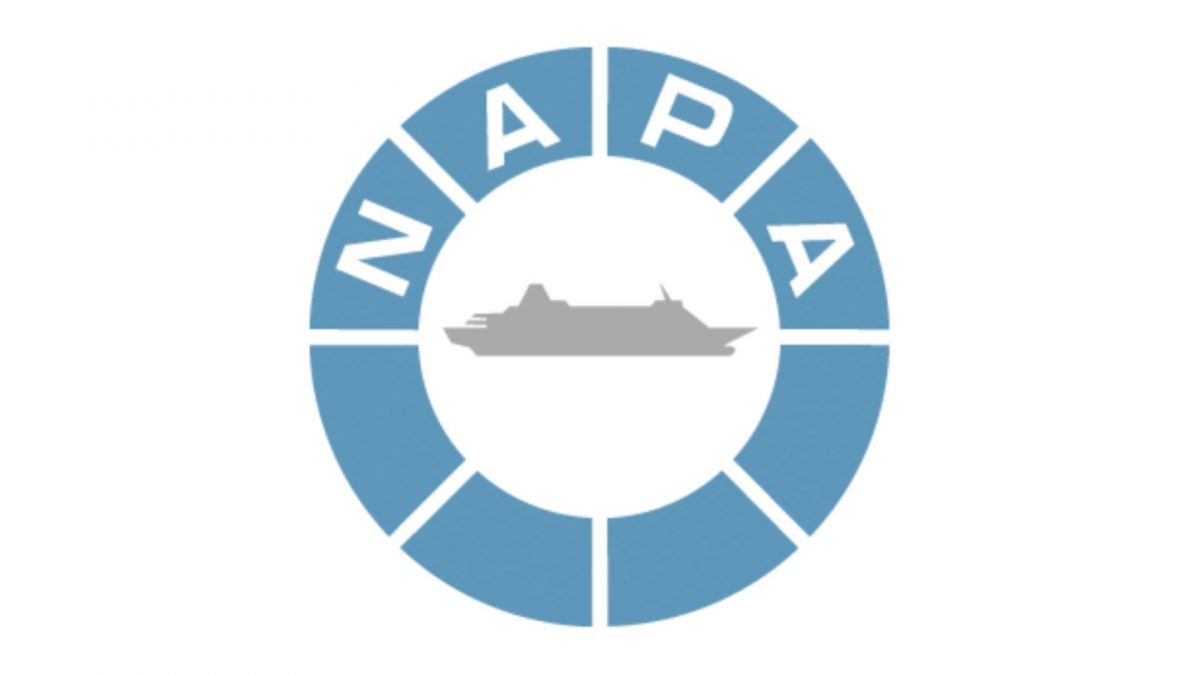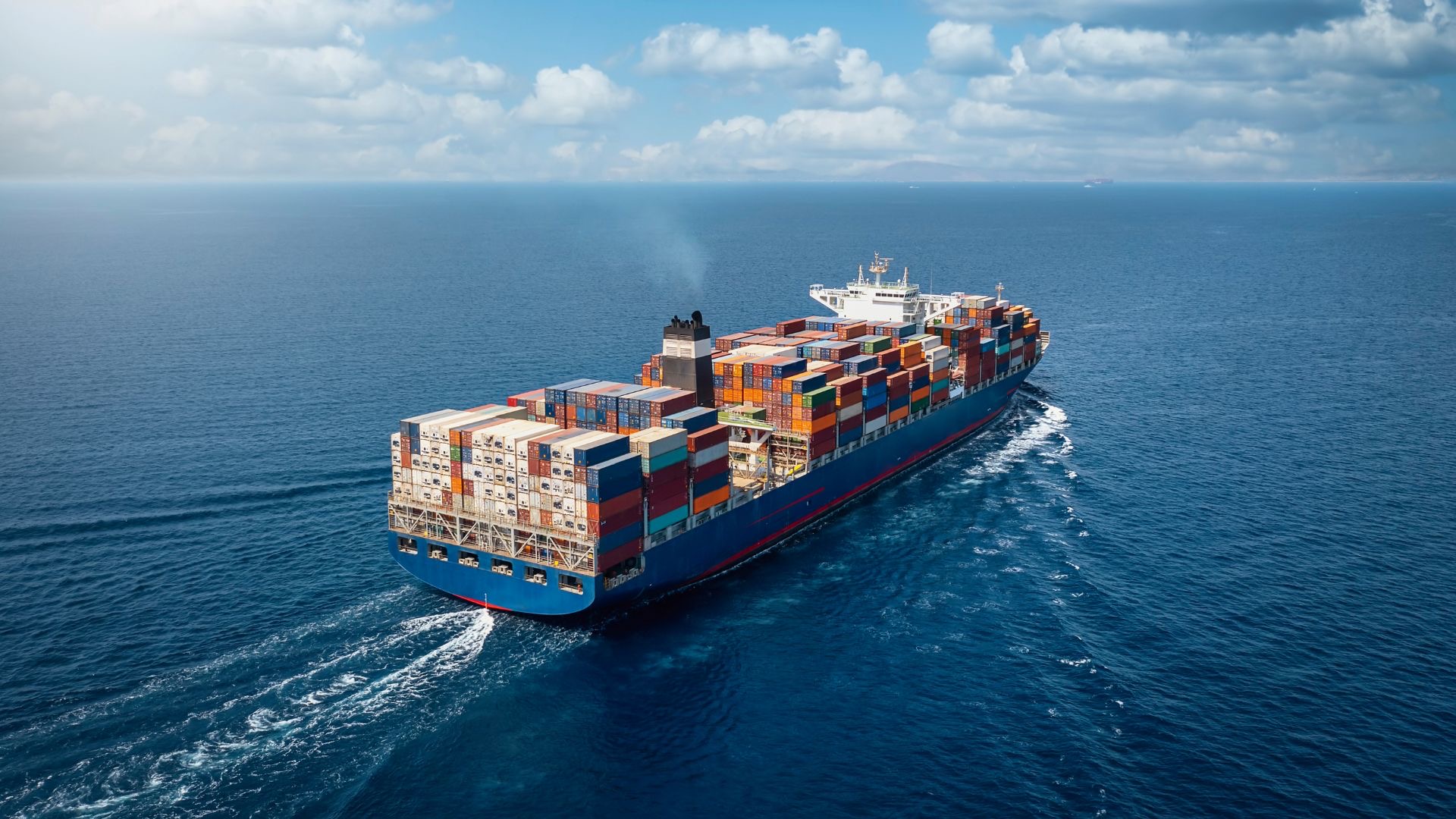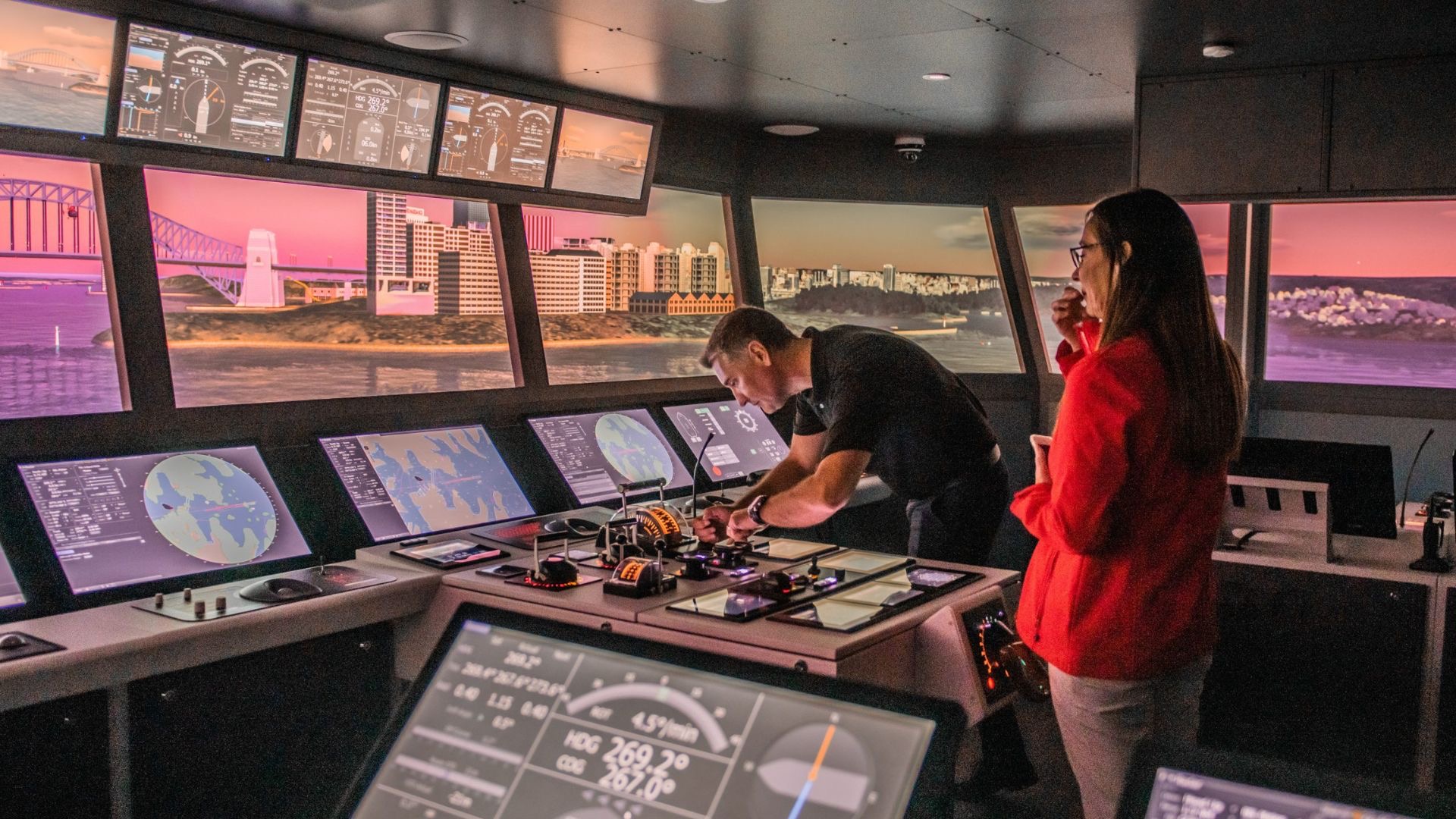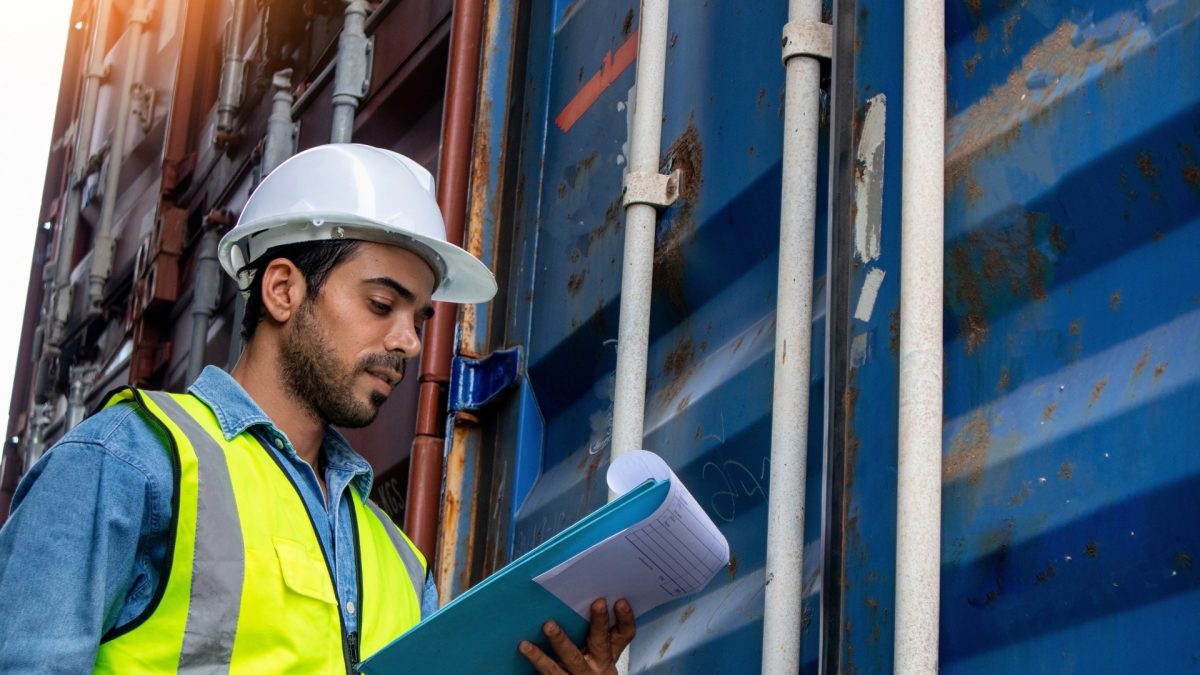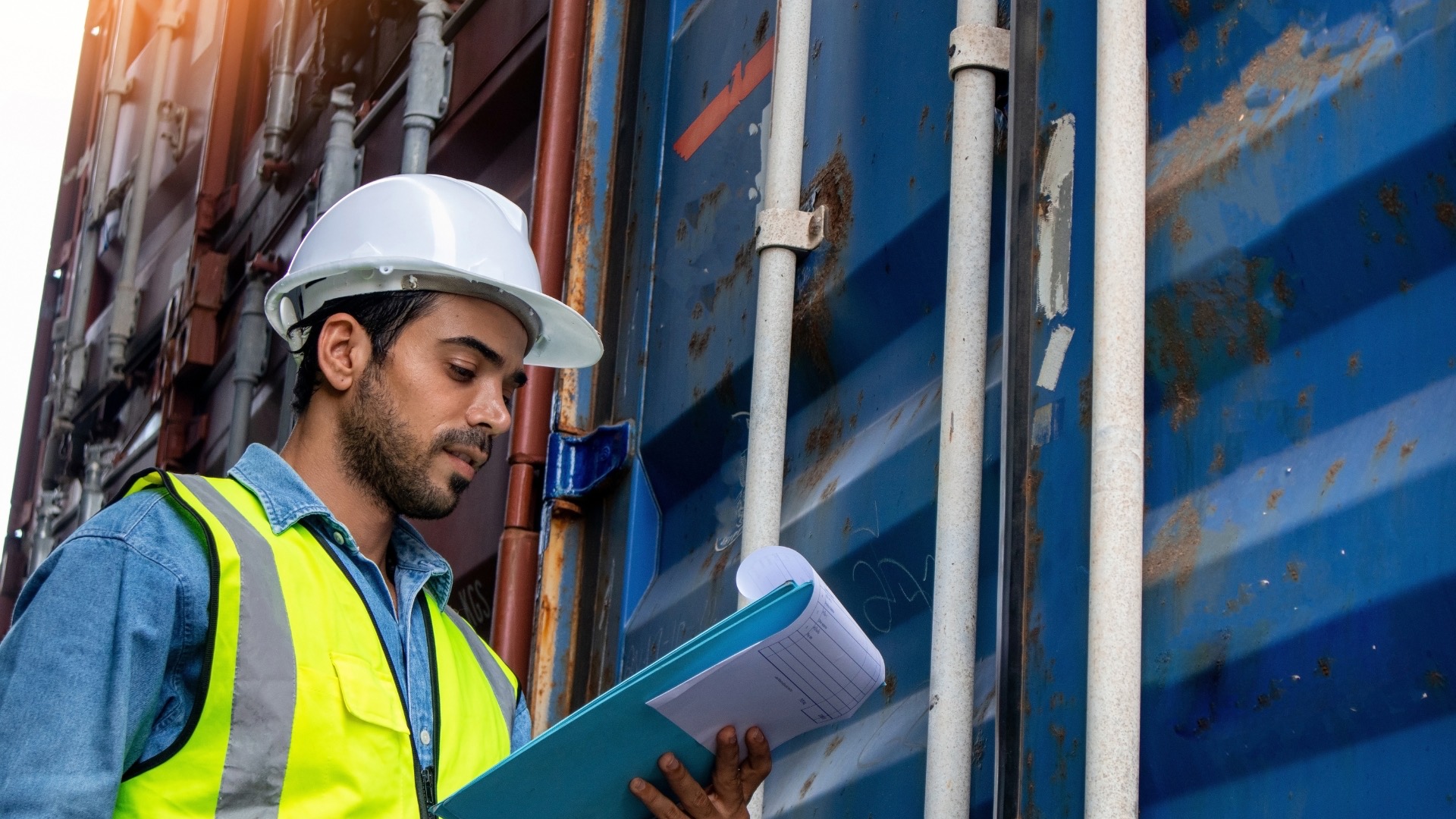The Combined Designated Person Ashore (DPA) and Company Security Officer (CSO) training course is a brand new offering available at the Maritime Skills Academy.
This four-day combined training course is specifically aimed at individuals taking up a senior ship management position within a shipping company whose duties and responsibilities can often consist of both the ‘Designated Person(s) Ashore and Company Security Officer’.
This course has been designed to meet the requirements of IMO MSC-MEPC.7/Circ.6 Guidance on the qualifications, training, and experience necessary for undertaking the role of the Designated Person(s) Ashore under provisions of the International Safety Management (ISM) Code, Part-A4.
To include IMO MSC/Circ.1154 Guidelines for training and certification of Company Security Officer(s) under mandatory requirements of the International Ship and Port Facility (ISPS) Code, Part-A11/1., and associated International Convention for the Safety of Life at Sea (SOLAS) Regulations.

Health, safety, environmental and security management are the cornerstones of modern industry and key markers for maritime operations at every level. Therefore, the role of the Designated Person Ashore (DPA) & Company Security Officer (CSO) can be a challenging and complex one given the nature of worldwide shipping operations, accompanied by what is often seen as an era of increasing regulations and compliance requirements.
Which skills are required for a Combined Designated Person Ashore (DPA) & Company Security Officer (CSO) Training Course?
The role, responsibilities, and ongoing vigilance of the DPA & CSO is now more important than ever. Having the necessary skills to navigate and interpret the myriad of maritime regulations ensuring their vessels are not only operating safely and in compliance with these regulations. Also, continually assessing the constantly evolving security threat(s) and risk(s) to the maritime sector, ensuring appropriate measures are implemented.
Some of these skills include:
- The ability to communicate effectively with maritime authorities, flag states, classification societies, port state control, and other relevant entities.
- Playing a key role in promoting an effective ‘safety and security’ culture within the organisation.
- Ensuring company safety, environmental and security management processes are effectively implemented, reviewed, audited, and continually improved.
- Overseeing incident/accident investigations to determine root cause and implementation of appropriate corrective action(s) to prevent re-occurrence, whilst being independent, precise, and thorough.
- Managing change(s) and staying abreast of regulatory compliance requirements or professional trends affecting the maritime sector and implementing accordingly.
- Being prepared to deal with challenging and emergency situations, remaining calm in a crisis.
- Being sensitive to different cultures, with an ability to assess, judge and motivate.
- Maintaining integrity and loyalty to both individuals and the organisation.
- Recognising individuals’ limitations and ability, ensuring any training for crew and/or shore-based personnel is implemented accordingly.
- Having the skills necessary to conduct and manage security assessments, development, implementation, and maintenance of Ship Security Plan(s).
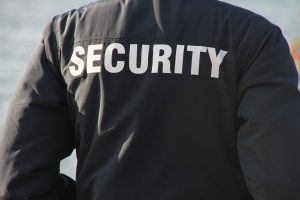
Why is the role of a Designated Person Ashore and Company Security Officer important to a ship?
The ‘Designated Person(s) Ashore and Company Security Officer’ is a pivotal role within any shipping company, ensuring safety, environmental and security standards are not only maintained but continually improved. Making sure fulfilment of regulatory compliance requirements are met to prevent functional safety and security management requirements being compromised.
Combined Designated Person Ashore and Company Security Officer Remote Training
If you are required to undertake training for this role, the Maritime Skills Academy offers the Combined Designated Person Ashore (DPA) and Company Security Officer (CSO) training course on a regular basis, taught online by our expert instructors. To learn more about the course, click here.
Written by Mike Symons, Director at M4S Maritime Limited.

